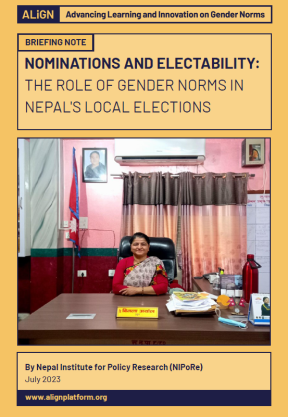- Briefing paper
- 21 September 2023
Women in politics: The impact of social media on Peruvian congresswomen
- Author: #ShePersisted, Fundación Multitudes
- Published by: ALIGN
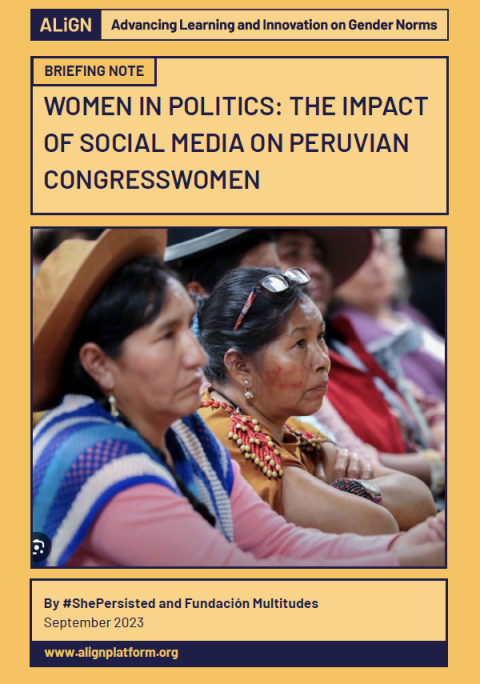
Women’s political participation in Peru is limited, with women accounting for only around a quarter of elected representatives at the national and local levels. While their numbers have been growing over the years, they have done so at a slower pace than expected, particularly given the introduction of laws to establish parity through quotas meant to equalize their participation.
This study, conducted by #ShePersisted and Fundación Multitudes, aims to understand the role that gendered disinformation and online abuse play in this context, influencing social and gender norms in relation to the political participation of a diverse set of women in Peru.
Through social media analysis, interviews and literature review, the study found that gendered disinformation and online abuse against women in politics are pervasive in Peru, and tend to reinforce harmful gender stereotypes against women.
While Peruvian Congresswomen express concern about this, they have also come to normalise it and see it as an almost inevitable part of the political job. The impact this has on the political engagement of young women and the future of women’s leadership, however, is of utmost concern.
Several lawmakers and experts identify digital platforms as partly to blame for the abuse and disinformation that women face online, recognizing how the design of digital platforms not only reflects pre-existing sexism and biased social norms against women in politics, but it also increases them.
Individualized responses such as blocking and reporting online abuse is viewed as an insufficient response to the systematic nature of gendered disinformation in Peru. However, the normalisation and complexity of this phenomenon makes it harder for lawmakers to prioritise the identification of long-term solutions at the national level.
New globally-minded legislative frameworks and approaches to address gendered disinformation are, therefore, needed that focus on transparency, data privacy protections, and 'duty of care' for social media companies with respect to the harm that is caused by their services.
- Countries / Regions:
- Peru
Related resources
2 November 2020

6 July 2023

Blog
20 November 2023
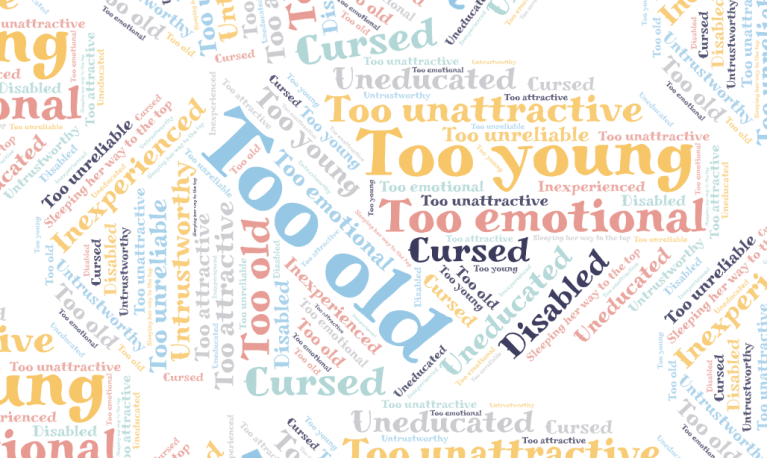
Briefing paper
30 October 2023
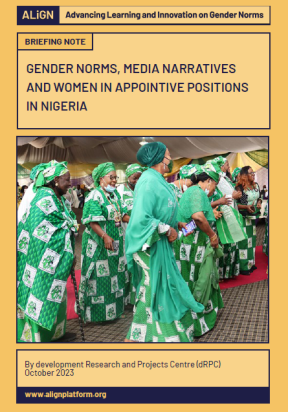
Briefing paper
16 October 2023
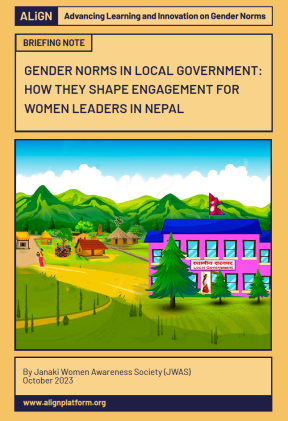
Briefing paper
2 October 2023
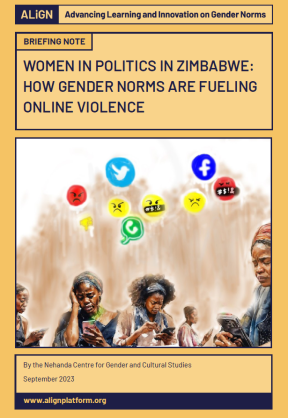
Briefing paper
2 October 2023
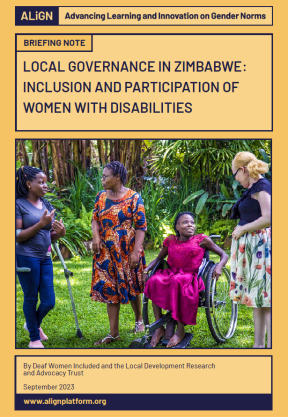
Briefing paper
26 September 2023
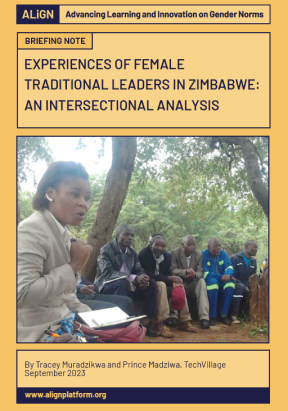
Briefing paper
13 July 2023
